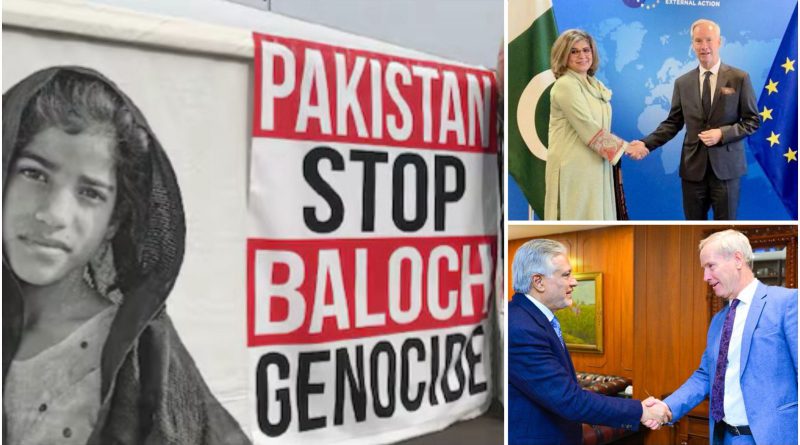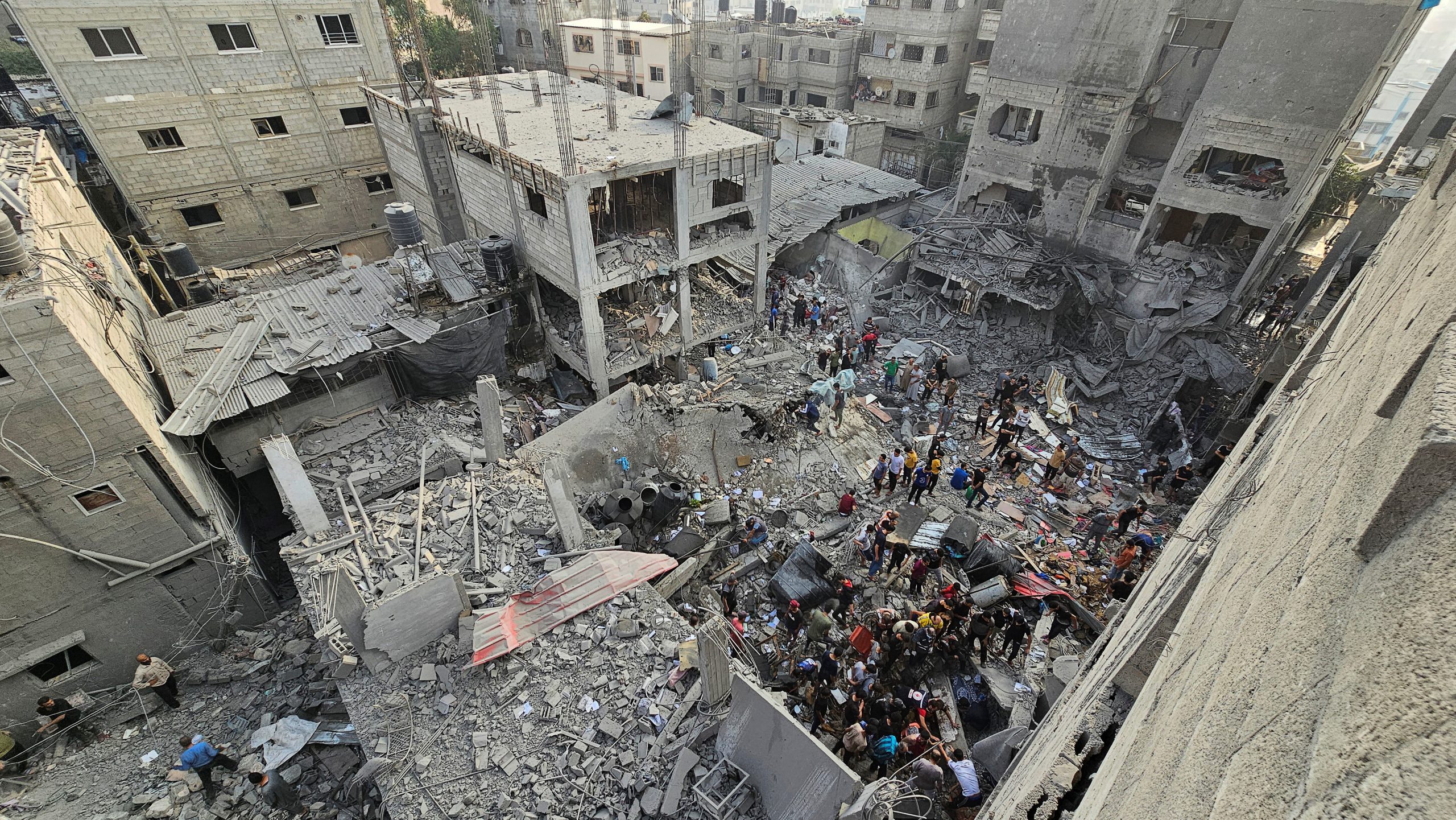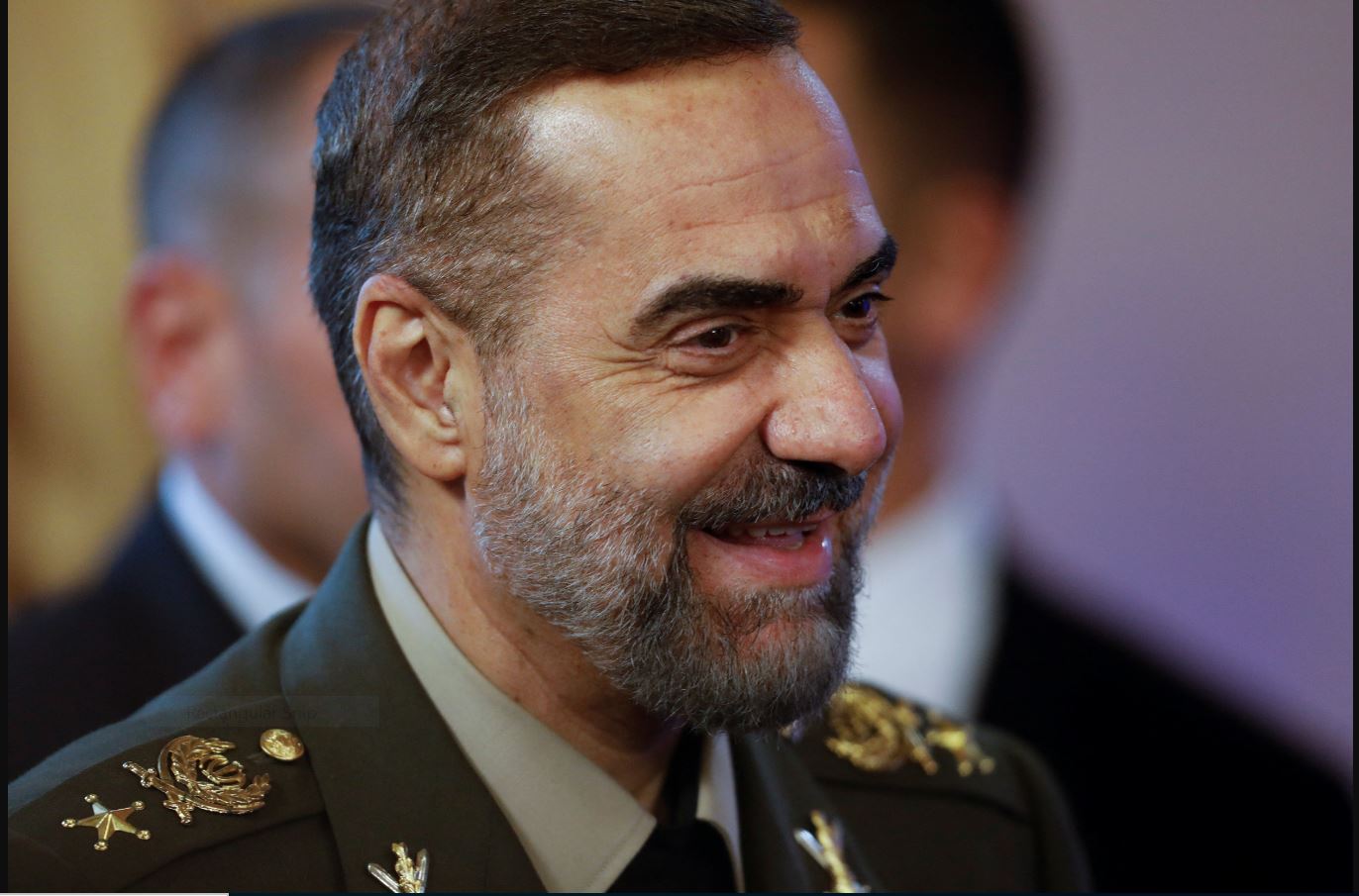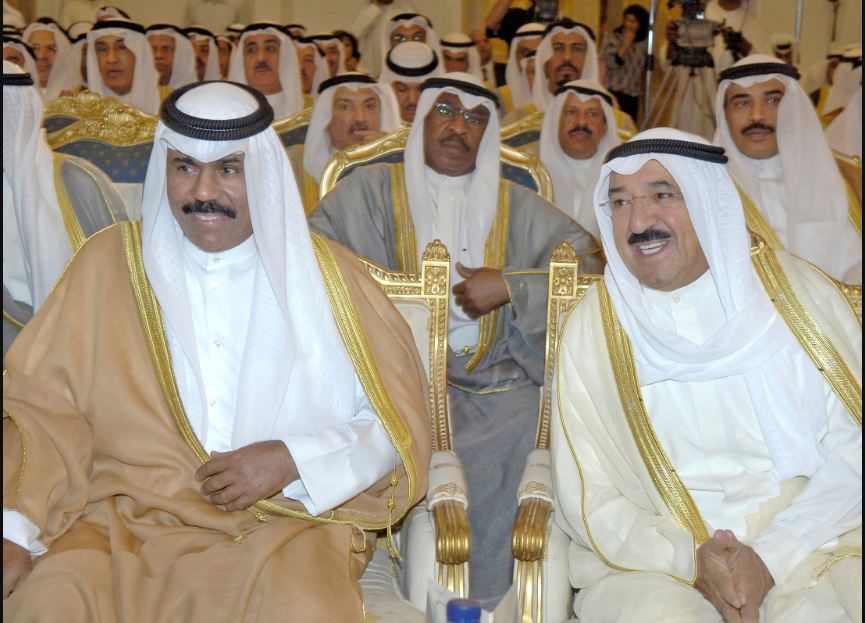Europe Must Act: GSP+ and Pakistan’s Human Rights Violations
Pakistan ranks among the lowest globally in gender equality, with systemic barriers in education, employment, and political representation.
In the political heart of Europe, behind the sleek glass facade of the European Commission, decisions are made that ripple far beyond the continent. Among these is the Generalized Scheme of Preferences Plus (GSP+), a mechanism that grants developing countries privileged access to European markets.
In return, these nations are expected to uphold human rights, labor protections, environmental safeguards, and good governance.
Since 2014, Pakistan has been one of the principal beneficiaries of GSP+, reaping billions in export earnings each year, primarily through its textile sector.
Yet, the pressing question remains: has Pakistan honored the commitments it made to earn this privileged access? Or has it simply profited while turning its back on the very standards the scheme was designed to reinforce?
At the ongoing 60th Session of the UN Human Rights Council in Geneva, these questions have surfaced again, sharper than ever.
The evidence paints a grim picture of Pakistan’s trajectory—a country that continues to enjoy European trade benefits while deepening its disregard for basic human rights.
The Promise and the Reality
When the EU granted Pakistan GSP+ status in 2014, it was hailed as a win-win agreement. Pakistan gained tariff-free access for most of its exports, and the EU expected genuine reforms in return.
Over the past decade, Pakistan’s exports to the EU have nearly doubled, jumping from €8.3 billion in 2013 to almost €15 billion in 2023.
But the other half of the bargain has collapsed. Pakistan committed to ratify and implement 27 international conventions covering human rights, labor standards, environmental protection, and governance.
While ratification took place on paper, implementation never followed. Instead, Pakistan’s record has deteriorated in critical areas such as religious freedom, gender equality, press freedom, and civil society protections.
Blasphemy Laws and Persecution
Nothing better illustrates Pakistan’s failure than its misuse of blasphemy laws. Introduced under military rule in the 1980s, these laws have been weaponized against Christians, Hindus, Shias, and even Sunni Muslims who fall out of favor with extremists.
The world remembers the case of Asia Bibi, a Christian woman sentenced to death for blasphemy and later acquitted after nearly a decade on death row. But hers is just one story among thousands.
Today, men and women—like Christian couple Shafqat Emmanuel and Shagufta Kausar—remain trapped on death row for similar accusations.
According to human rights groups, dozens of people are killed each year in mob violence linked to blasphemy allegations.
The laws are not just a tool of religious persecution; they are a weapon to settle personal disputes, silence dissent, and terrorize vulnerable communities.
The EU has long had a lever to demand reform: GSP+. Yet, despite two resolutions by the European Parliament calling for suspension of Pakistan’s trade privileges, the European Commission has declined to act.
Each time, the will of parliament was ignored, leaving victims in Pakistan without the support they desperately need.
Women and Girls Left Behind
The situation of women and girls in Pakistan is another glaring violation of GSP+ commitments. Pakistan ranks among the lowest globally in gender equality, with systemic barriers in education, employment, and political representation.
Despite EU funding aimed at improving education access, millions of girls remain out of school, and early marriage rates remain high. In rural areas, entrenched cultural practices deny girls the chance of education altogether.
Reports suggest that part of the funding has even flowed into extremist religious seminaries (madrasas)—institutions known for radicalizing children rather than empowering them.
For women who dare to step into public life, harassment, violence, and exclusion are commonplace. Cases of so-called “honor killings” continue to surface, with perpetrators often going unpunished due to weak enforcement of laws and entrenched patriarchy.
Enforced Disappearances and Suppression of Dissent
Equally troubling is Pakistan’s record of enforced disappearances. Between 2011 and 2023, nearly 10,000 cases were reported, with families left in agonizing uncertainty as activists, journalists, and political dissidents vanished without trace.
Many are believed to be victims of the state’s powerful security apparatus, particularly in Balochistan and Khyber Pakhtunkhwa.
At the same time, press freedom has been crushed. Pakistan now ranks 150th out of 180 countries on the World Press Freedom Index. Journalists face harassment, censorship, and even abduction.
In 2023, the government imposed a nationwide communication blackout affecting 125 million people, silencing critics during a political crisis.
Civil society organizations are under siege as well, with restrictive laws curbing NGO activity and foreign funding. Those who speak out against the state face intimidation or worse.
Europe’s Complicity
The most scandalous aspect of this story is not just Pakistan’s violations—it is Europe’s complicity. The European Commission has consistently turned a blind eye, issuing assessments that celebrate “awareness raising” instead of demanding real change.
In 2023, the European External Action Service claimed that GSP+ had increased “awareness of human rights at the grassroots level.”
But awareness is not implementation. As one parliamentarian remarked, “This is not about awareness, it is about action.” By accepting cosmetic progress, the Commission risks becoming complicit in Pakistan’s abuses.
Worse still, EU funds directed toward education have indirectly supported madrasas linked to extremism. The Commission admitted that while it funds schools, it does not monitor content.
In practice, this means European taxpayers are subsidizing institutions that teach intolerance, discrimination, and sometimes violent extremism.
The Commonwealth Question
Beyond the EU, Pakistan’s place in the Commonwealth of Nations is also under scrutiny. The country has already been suspended twice from the Commonwealth due to human rights abuses.
With conditions worsening, the question arises: should Pakistan be suspended a third time—or should it be “three strikes and you’re out”?
The Commonwealth prides itself on shared values of democracy and human dignity. If Pakistan flagrantly violates these principles, should it continue to sit at the same table as reformist democracies? The answer, from a moral standpoint, is clear: suspension until meaningful reforms are implemented.
A Question of Integrity
As the European Commission prepares to review Pakistan’s GSP+ status in the coming months, it faces a defining choice. This is not just a question of tariffs and trade. It is a question of Europe’s integrity and moral responsibility.
If Pakistan continues to enjoy tariff-free access while persecuting minorities, silencing dissent, and suppressing women, then the EU is betraying its own values.
The price of this partnership is not counted in euros—it is counted in human lives lost, voices silenced, and communities crushed.
For too long, Europe has hidden behind bureaucratic reports and vague assurances. But now, as evidence mounts, the time has come for decisive action.
The Way Forward
The European Union must now move beyond rhetoric and take decisive steps if it wishes to uphold its own principles. The first and most urgent measure is to suspend Pakistan’s GSP+ status unless clear and verifiable reforms are implemented.
Continued trade privileges should be strictly tied to measurable improvements in human rights, particularly in addressing the misuse of blasphemy laws, advancing gender equality, and ending the practice of enforced disappearances.
Equally critical is ensuring transparency in EU funding. European taxpayers’ money, intended to support education and empowerment, must never be diverted to extremist seminaries that fuel intolerance and radicalization.
Effective monitoring mechanisms are essential so that these resources genuinely promote equality, tolerance, and critical thinking.
At the same time, Europe must stand firmly with Pakistan’s civil society. Human rights defenders, journalists, and NGOs are often the last line of resistance against authoritarian tendencies, and many risk their freedom and their lives in the process. They deserve not only recognition but active support from the international community.
Finally, Pakistan’s place in the Commonwealth of Nations must be reconsidered. Membership in this community of states is a privilege grounded in shared values.
If Pakistan persistently fails to meet even the most basic human rights obligations, it should not enjoy the legitimacy and standing that Commonwealth membership confers. Until it demonstrates genuine commitment to reform, Europe and its allies must be prepared to act.
Pakistan has enjoyed the benefits of Europe’s generosity for over a decade. Its exports have flourished, its economy has been bolstered, and its political elite has celebrated the gains. But for ordinary Pakistanis—religious minorities, women, journalists, dissidents—the promised dividends of GSP+ never arrived.
As a human rights observer, I cannot help but stress: Europe must stop being complicit in Pakistan’s abuses. Trade benefits must not come at the cost of human dignity. The European Union and the Commonwealth alike must show courage, not complacency.
Because at the end of the day, this is not just about trade. This is about the soul of Europe’s values—whether we stand firm for human rights or allow them to be bartered away for economic gain.
If Pakistan will not honor its commitments, then Europe must honor its own.



